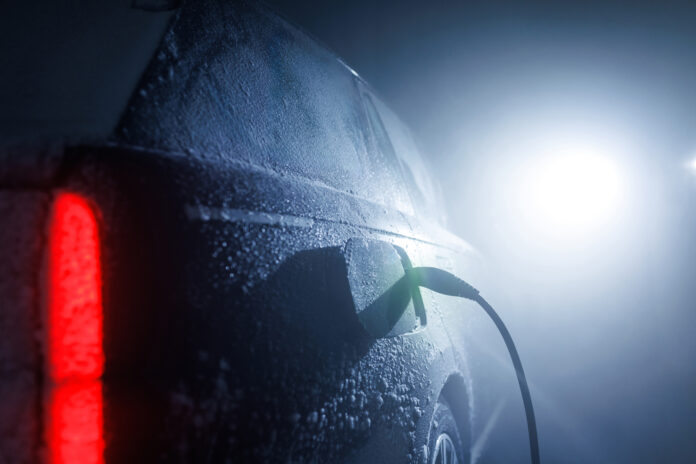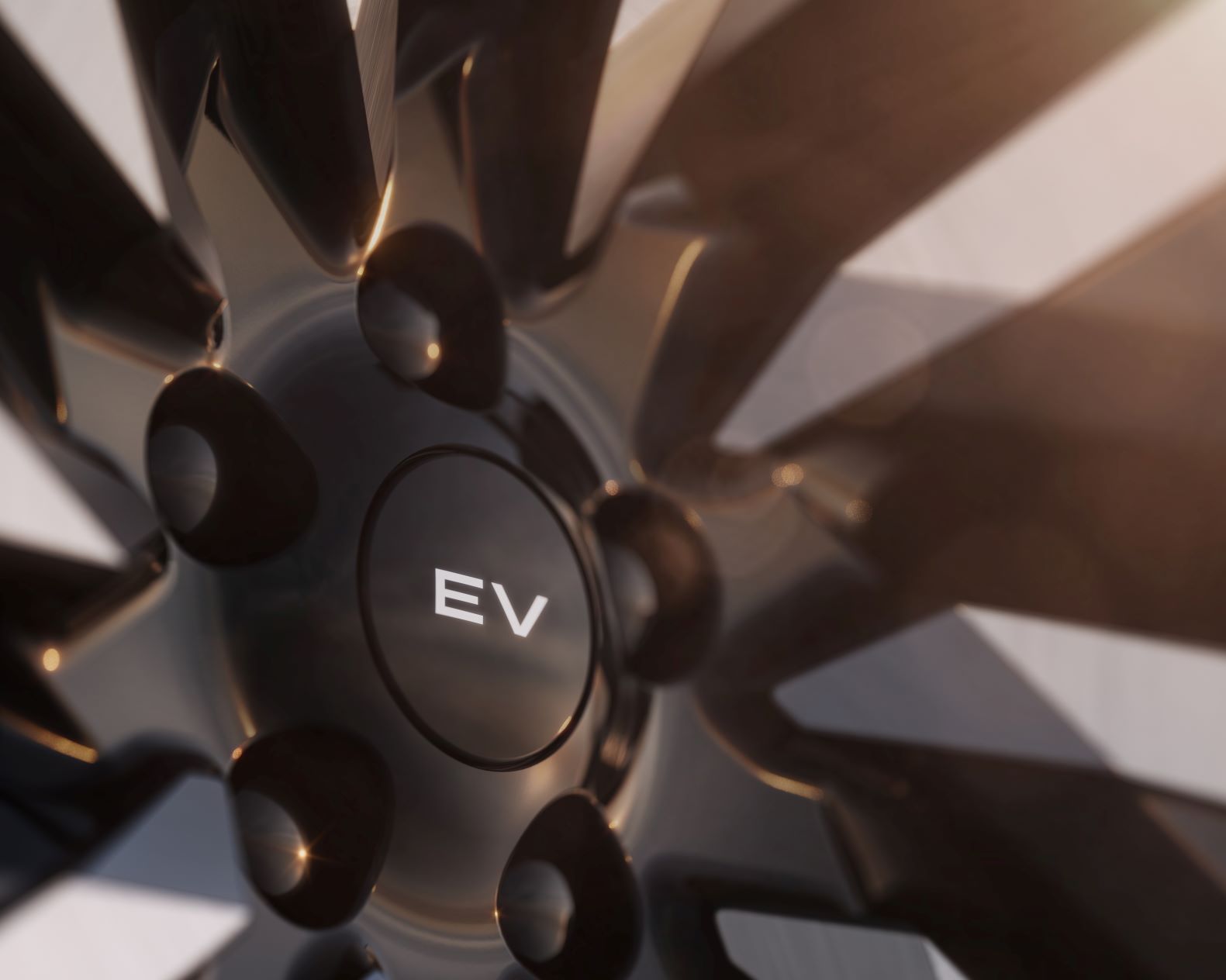Jaguar Land Rover has decided to delay the launch of its all-electric Range Rover and the new-generation Jaguar electric vehicles, according to a report.
The postponements are intended to allow for additional testing and to wait for a rise in demand for electric vehicles, as cited by the Guardian, which spoke with sources familiar with the situation.
Deliveries of the Range Rover Electric are now set to begin next year. Initially, the SUV was scheduled to hit showrooms at the end of this year, but the launch was pushed back from its planned 2024 debut in response to a slowdown in demand for luxury electric vehicles.
In addition, the launches of two upcoming Jaguar electric models may also be delayed by several months, as indicated by the Guardian. The brand is transitioning to all-electric offerings and initially planned to unveil its first new-generation EV in late summer 2026.
The first Jaguar electric vehicle, previewed by the Type 00 concept, is now expected to launch in August 2026, with a second model anticipated for December 2027.
A smaller electric Range Rover, intended to succeed the Velar and initially due in April 2026, might also face delays, while the all-electric Defender Sport SUV is not expected until the first quarter of 2027.
JLR has expressed its willingness to take the time necessary for a proper transition to electric vehicles. “We’re not going to rush that transition; we are going to nail it,” stated CEO Adrian Mardell during an investor day on June 16.
Interestingly, the company chose not to update analysts on the timelines for its electric vehicle launches, but did mention that the first electrified Freelander, developed in partnership with its Chinese collaborator Chery, is slated for release in the latter half of 2026.
JLR reported a waiting list exceeding 60,000 for the Range Rover Electric.
The automaker has cautioned that its profitability will be affected this year due to various challenges, including high tariffs on auto imports from the administration of President Donald Trump and a weaker dollar, which increase costs for its vehicles in the U.S., its largest market. Additionally, sales in China have suffered as consumers there increasingly favor domestic luxury brands over Western premium options.
On July 17, the company announced it is cutting 500 management positions.




